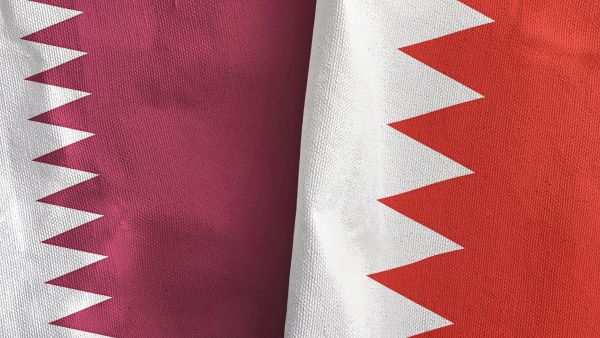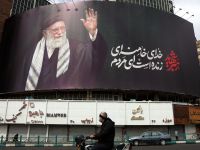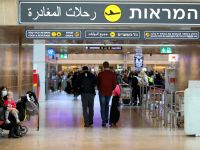ALBAWABA - Bahrain and Qatar restored diplomatic ties following nearly six years of a blockade imposed by Gulf Cooperation Council (GCC) nations on Doha.
In a meeting convened at the headquarters of the General Secretariat of the six-nation GCC held in the Saudi capital Riyadh Wednesday, the Qatari-Bahraini Follow-up Committee approved the restoration of diplomatic relations between the two countries. It was the second meeting of its kind within weeks.
GCC, also known as the Cooperation Council for the Arab States of the Gulf, is a regional, intergovernmental, political, and economic union, which includes Qatar. Other members are namely Saudi Arabia, Kuwait, the United Arab Emirates, Bahrain, and Oman.
لجنة المتابعة القطرية - البحرينية تعقد اجتماعها الثاني في الرياض#الخارجية_القطرية pic.twitter.com/gkTr0wHVoS
— الخارجية القطرية (@MofaQatar_AR) April 12, 2023
The thaw in relations between Bahrain and Qatar is in accordance with the principles of the United Nations Charter and the provisions of the Vienna Treaty on Diplomatic Relations of 1961, according to an official announcement made following the closed-door meeting.
The decision is based on the "Ula Summit," which was held in Saudi Arabia in January 2021 and ended Qatar's ostracism by GCC members.
Following the reconciliation agreement brokered at the summit, relations between Qatar and the countries besieging it were restored, but tensions persisted with Bahrain at the time, in part due to a dispute over border areas between the two countries.
Following Wednesday's meeting, the two sides affirmed that the step to restore relations comes from a mutual desire to develop bilateral relations, enhance Gulf integration and unity, and out of respect for the principles of equality between states, national sovereignty and independence, and territorial integrity.
لجنة المتابعة القطرية - البحرينية تعقد اجتماعها الثاني في الرياض#قناhttps://t.co/JSehJUX7eE pic.twitter.com/EmJKL6DBhL
— وكالة الأنباء القطرية (@QatarNewsAgency) April 12, 2023
In February, the Qatari-Bahraini Follow-up Committee held its first meeting in Riyadh to discuss dealing with the outstanding issues between the two Gulf countries.
This reconciliation comes at a critical juncture in the Middle East, where regional heavyweight rivals Saudi Arabia and Iran signed a historic agreement last month, ending seven years of estrangement and resuming diplomatic ties between the world's top 10 oil producers. While Saudi Arabia is the globe's second largest oil producer after the United States, Iran ranks the ninth.







